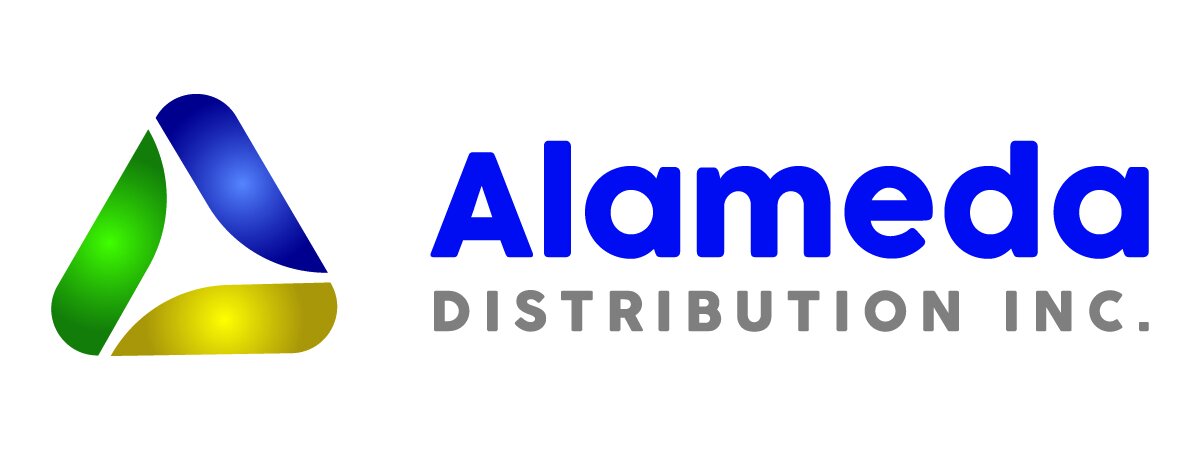12 Critical Factors to Consider When Partnering with Distribution Companies in Los Angeles
Navigating the bustling business landscape of Los Angeles can be exciting yet challenging, especially when it comes to finding the right distribution company for your products. With so many options available, understanding what to look for can make all the difference. In this guide, we'll walk you through twelve essential factors to keep in mind to ensure a successful partnership that aligns with your business goals.
1. Understanding Your Distribution Needs
Before reaching out to distribution companies, it's crucial to have a clear understanding of your own requirements. Are you looking for local distribution or wider reach? Knowing your business needs helps in finding a partner that's the perfect fit. For instance, if your target is the broader Californian market, you'll need a distribution company with extensive reach within the state. Understanding these needs forms the cornerstone of your search.
Moreover, consider the type of products you offer. Different products may require different handling, storage, and transportation arrangements. Assess whether your products are perishable or have specific storage conditions. These details not only streamline the search for a suitable partner but also ensure that the services provided align with your logistical expectations. Remember, clarity in your needs will set the foundation for a thriving business partnership.
2. Evaluating Experience and Expertise
A company's experience in the industry can be a reliable indicator of their competence. Look for distribution companies with a proven track record in your specific market sector. Experience not only equates to reliability but also provides insights into handling market dynamics effectively. Experienced partners are likely to leverage their past endeavors to mitigate potential risks in your partnership.
Additionally, assess the expertise they bring into your particular niche. Industries such as electronics, fashion, or perishable goods each have their unique distribution challenges. A company adept in your field will likely have a better understanding and strategies tailored to navigate these industry-specific hurdles. The goal is to partner with a company that combines broad experience with niche expertise, ensuring a balanced and skillful approach to your distribution needs.
3. Assessing Logistical Capabilities
Efficient logistics are key to timely deliveries. Evaluate the potential partner's transportation networks, warehousing facilities, and technology integration. A robust logistics strategy encompasses not just transportation but also the warehousing and distribution technologies employed to enhance efficiency. Advanced infrastructure signifies the company's commitment to optimizing the supply chain process, which in turn can be a significant differentiator in the competitive market landscape.
Investigate whether the company utilizes cutting-edge logistics software that offers real-time tracking, inventory management, and streamlined order processing. Integration of technology into logistics operations is indispensable in today's rapidly evolving business environment. Such tools not only increase transparency but also minimize errors, ensuring that your products reach their destination promptly and safely. These elements collectively ensure that the partner's logistical capabilities are robust and reliable.
4. Considering Scalability Options
Your business may evolve over time, and you need a distribution partner that can grow with you. Check if they offer scalable solutions that can adapt to increased demand. Scalability is not just about handling larger volumes but also adapting to rapid changes in consumer demand and market trends. The ability to scale operations ensures that your partnership continues to thrive as your business expands, avoiding bottlenecks in the supply chain.
5. Ensuring Financial Stability
Financially stable partners are less likely to experience disruptions. Verify the financial health of the distribution company to ensure consistency in your operations. Conduct thorough financial due diligence, examine their financial statements for indicators of stability and check for any outstanding debts or past financial issues.
A sound financial footing enables a company to invest in infrastructure, technology, and human resources, all of which contribute to sustaining efficient operations. Stability in financials also suggests that the company can weather economic fluctuations, reducing the risk of operational hiccups in your distribution channel. This assurance plays a critical role in maintaining seamless collaboration.
6. Investigating Industry Reputation
A company’s standing in the industry speaks volumes about their reliability. Look for reviews, testimonials, and references from other businesses. A solid reputation implies trustworthiness, reliability, and a history of successful partnerships. Companies with strong reputations often have robust networks and relationships, which can be beneficial for you.
7. Understanding Contract Terms
Before signing on the dotted line, make sure you fully understand the contract's terms and conditions, including any potential hidden fees or obligations. Carefully scrutinize clauses related to service levels, cancellation terms, and penalties for non-compliance.
It's also critical to negotiate terms that align with your business objectives, securing provisions for future amendments and clearly defining each party's responsibilities. Transparency in contracts ensures that both you and your partner have a mutual understanding, laying the foundation for a harmonious business relationship.
8. Looking Into Customer Service Quality
Good customer service can resolve issues quickly and efficiently. Review their communication channels and responsiveness to ensure a smooth partnership. Quality customer service is an essential touchpoint throughout the partnership duration, impacting everything from query resolution to crisis management.
9. Evaluating Technology and Innovation
Technology plays a vital role in distribution. Assess whether the company is using the latest technologies to streamline processes and offer innovative solutions. Integration of automation and data analytics can provide significant efficiencies, reducing time and resources spent on routine tasks.
10. Checking Compliance and Certifications
Compliance with local and international regulations is non-negotiable. Ensure the distribution company holds all necessary certifications and meets compliance standards. This ensures that you mitigate risks associated with legal challenges or operational interruptions. Certified companies demonstrate adherence to quality and safety standards, reflecting reliability and disciplined operational oversight.
11. Reviewing Geographical Reach
Consider the geographical areas the company can cover effectively. A partner with extensive reach might prove beneficial if you aim to expand into new regions. This might mean looking beyond national level capabilities, especially if your ambitions include international expansion. The scale of their network coverage should match your geographical aspirations.
12. Analyzing Cost Versus Value
While cost is a crucial factor, the cheapest option isn't always the best. Look for a partner offering the best value for your investment, balancing cost with provided services. Evaluate comprehensive service packages, which may offer overall savings coupled with superior service. A cost-effective partnership entails maximizing the returns on your expenditure, therefore reflecting a true investment rather than just an operational expense.

